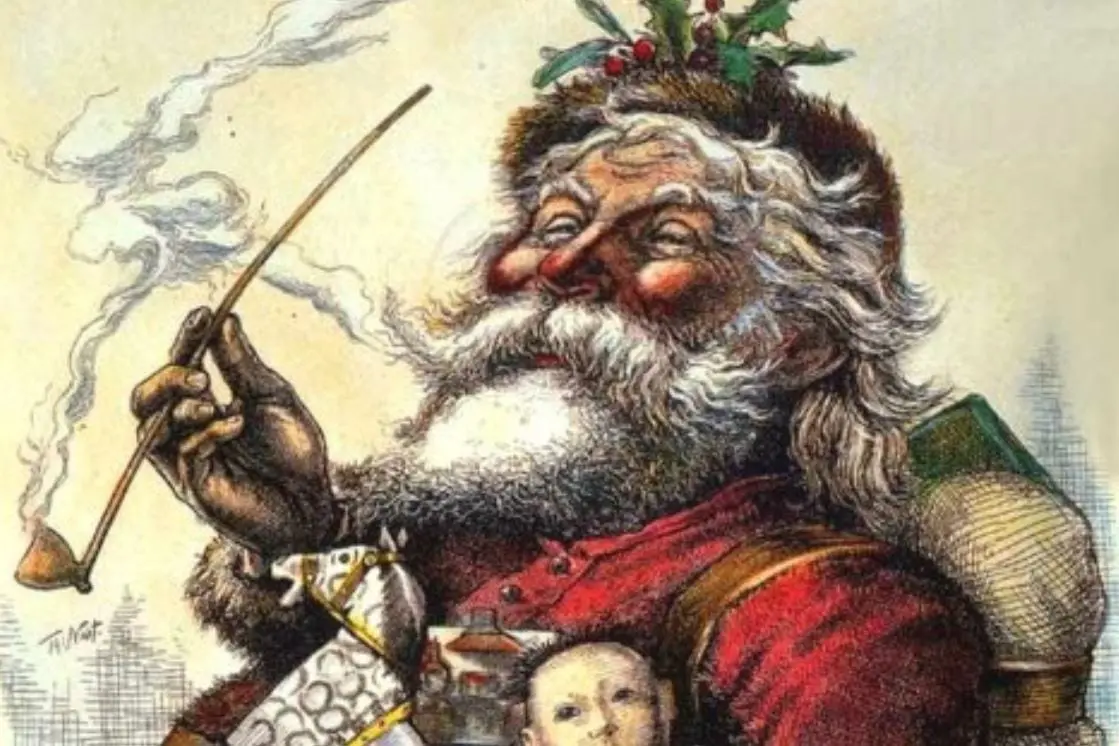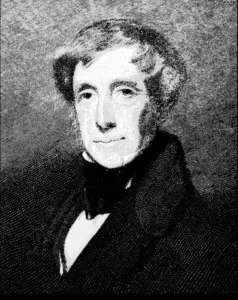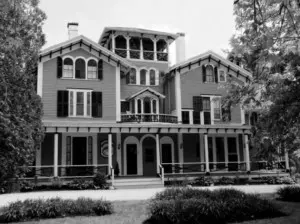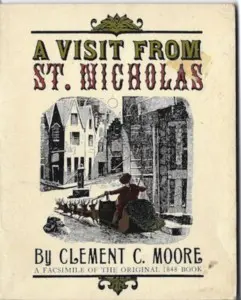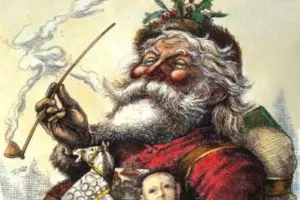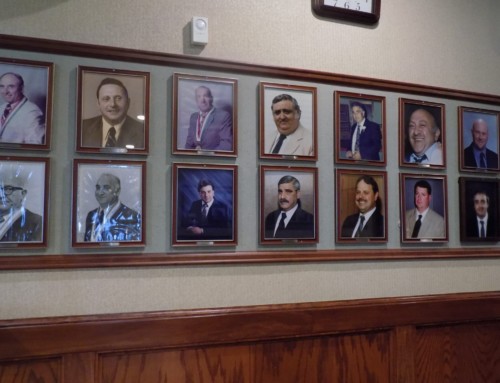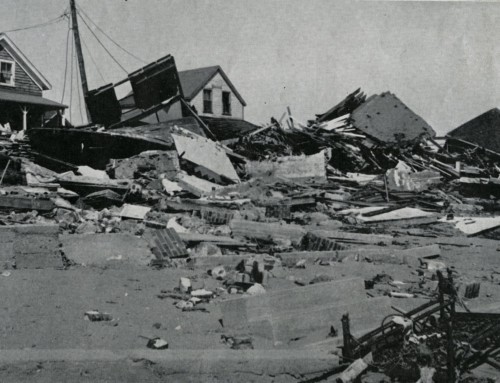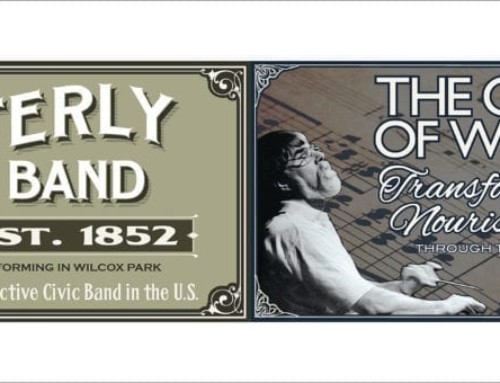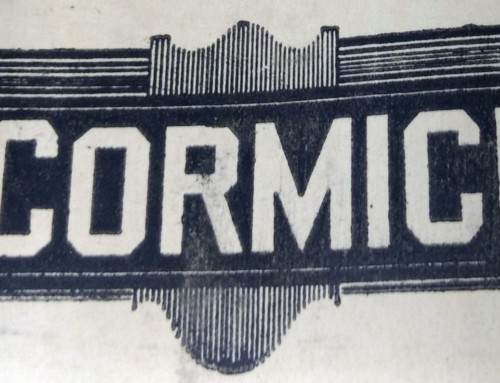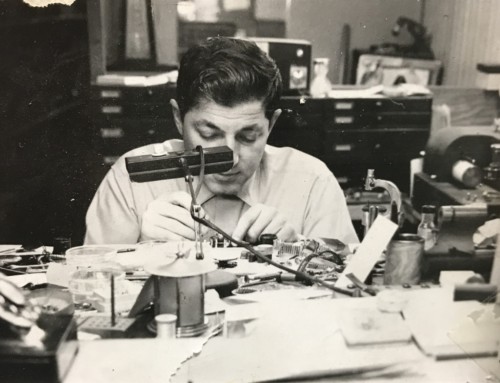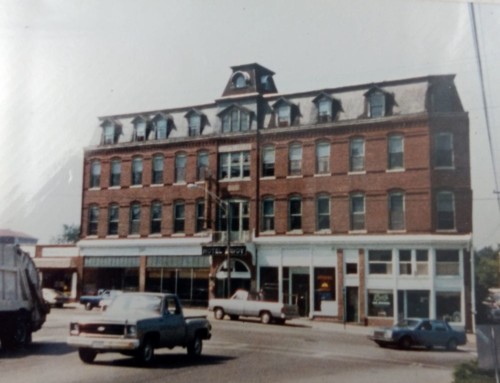In downtown Newport, there stands an old Victorian house. The house was once the summer residence of Clement Clark Moore, the author of the most famous Christmas poem ever written, popularly known as, “Twas the night before Christmas.”
The house, on Catherine Street, is known by various names; The Cedars, The Clement C. Moore House, and The Night before Christmas House. Moore purchased the house in 1850, after he retired, and spent 13 summers there until his death. Moore was a prominent scholar and the poem, A Visit from St. Nicholas, that he was reluctant to take credit for writing, made him famous. But was he really the author? As it turns out, perhaps not.
Clement C. Moore was an only child. He was born in New York City into the wealthy family of the Reverend Benjamin Moore and Charity Clarke Moore. Tutored at home by his father until he entered Columbia College, Moore graduated in 1798 first in his class, and in 1801 earned his MA from Columbia University.
In 1813 Moore married 19-year-old Catharine Elizabeth Taylor with whom he had 9 children. Moore was a very religious man and gave a large portion of the land he inherited to the General Theological Seminary where he was a professor of Oriental and Greek literature from 1823 until he retired in 1850.
Moore somewhat reluctantly claimed he was the author of the poem “A Visit from St. Nicholas” and that he wrote the poem for his children. He never intended to have it published and said he had recited the poem to them on Christmas Eve in 1822. The poem was first published anonymously in the Troy, NY Sentinel on December 23, 1823.
It was sent to the paper by a friend of Moore and was reprinted frequently thereafter, then was published as a small book in illustrated versions. The poem became increasingly popular; it became the most well-known poem in American literature. The poem’s description of Santa Claus, his sleigh, and reindeer led to how we picture Santa Claus today.
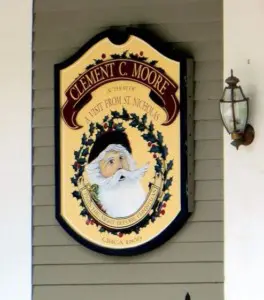
Scholars have debated whether Moore was the author of this poem. Professor Donald Foster used textual content analysis and external evidence to argue that Moore could not have been the author. Foster believes that Major Henry Livingston, Jr., a New Yorker with Dutch and Scottish roots, should be considered the chief candidate for authorship. Foster’s claim, however, has been countered by document dealer and historian Seth Kaller who once owned one of Moore’s original manuscripts of the poem. Kaller has offered a point-by-point rebuttal of both Foster’s linguistic analysis and external finding.
There is no proof that Livingston himself ever claimed authorship, nor has any record ever been found of any printing of the poem with Livingston’s name attached to it. In 2016 MacDonald P. Jackson, an emeritus professor of English at the University of Auckland evaluated every argument using modern computational stylistics, including one never used before – statistical analysis of phonemes – and found, in his opinion, that in every test that Livingston was the more likely author. And so the controversy over who wrote the most famous and popular poem in American history continues.
Clement Clarke Moore passed away on July 10, 1863 at his Catherine Street home; his funeral was at Trinity Church in Newport. Moore was buried in Trinity Cemetery in New York City. The Night before Christmas House once had Moore exhibits and was open to the public but now has been divided up into apartments. Only a small plaque by the front door, with a picture of Santa, tells of its unique history.
A Visit from St. Nicholas
By Clement Clarke Moore
‘Twas the night before Christmas, when all through the house
Not a creature was stirring, not even a mouse;
The stockings were hung by the chimney with care,
In hopes that St. Nicholas soon would be there;
The children were nestled all snug in their beds;
While visions of sugar-plums danced in their heads;
And mamma in her ‘kerchief, and I in my cap,
Had just settled our brains for a long winter’s nap,
When out on the lawn there arose such a clatter,
I sprang from my bed to see what was the matter.
Away to the window I flew like a flash,
Tore open the shutters and threw up the sash.
The moon on the breast of the new-fallen snow,
Gave a lustre of midday to objects below,
When what to my wondering eyes did appear,
But a miniature sleigh and eight tiny rein-deer,
With a little old driver so lively and quick,
I knew in a moment he must be St. Nick.
More rapid than eagles his coursers they came,
And he whistled, and shouted, and called them by name:
“Now, Dasher! now, Dancer! now Prancer and Vixen!
On, Comet! on, Cupid! on, Donner and Blitzen!
To the top of the porch! to the top of the wall!
Now dash away! dash away! dash away all!”
As leaves that before the wild hurricane fly,
When they meet with an obstacle, mount to the sky;
So up to the housetop the coursers they flew
With the sleigh full of toys, and St. Nicholas too—
And then, in a twinkling, I heard on the roof
The prancing and pawing of each little hoof.
As I drew in my head, and was turning around,
Down the chimney St. Nicholas came with a bound.
He was dressed all in fur, from his head to his foot,
And his clothes were all tarnished with ashes and soot;
A bundle of toys he had flung on his back,
And he looked like a pedler just opening his pack.
His eyes—how they twinkled! his dimples, how merry!
His cheeks were like roses, his nose like a cherry!
His droll little mouth was drawn up like a bow,
And the beard on his chin was as white as the snow;
The stump of a pipe he held tight in his teeth,
And the smoke, it encircled his head like a wreath;
He had a broad face and a little round belly
That shook when he laughed, like a bowl full of jelly.
He was chubby and plump, a right jolly old elf,
And I laughed when I saw him, in spite of myself;
A wink of his eye and a twist of his head
Soon gave me to know I had nothing to dread;
He spoke not a word, but went straight to his work,
And filled all the stockings; then turned with a jerk,
And laying his finger aside of his nose,
And giving a nod, up the chimney he rose;
He sprang to his sleigh, to his team gave a whistle,
And away they all flew like the down of a thistle.
But I heard him exclaim, ere he drove out of sight—
“Happy Christmas to all, and to all a good night!”
